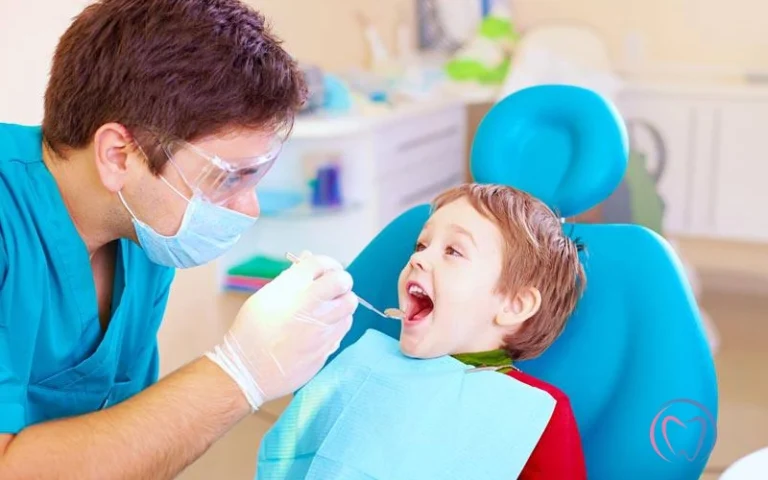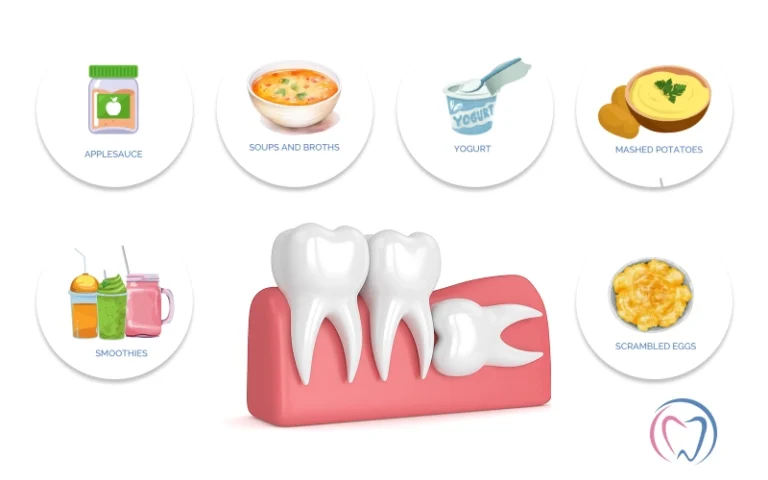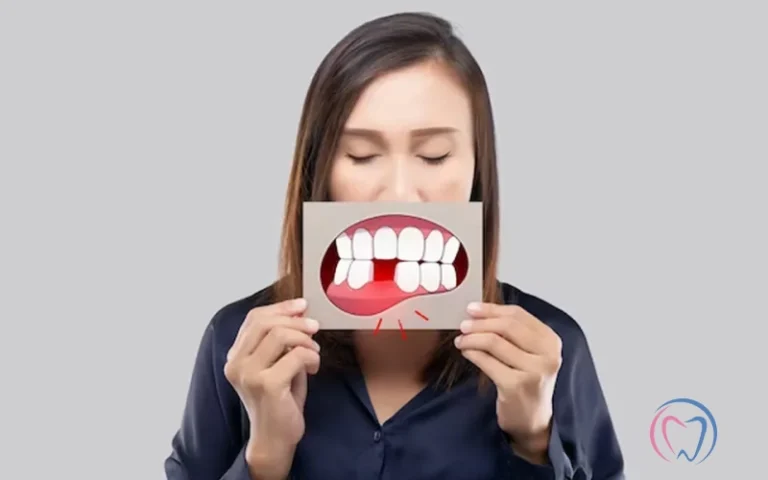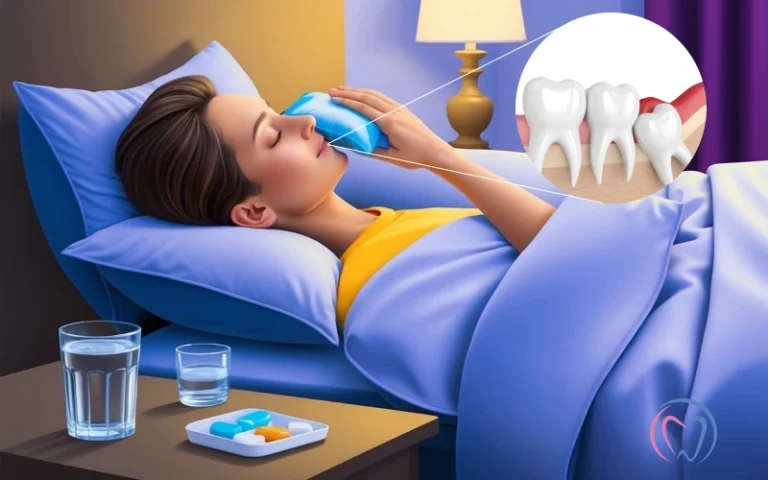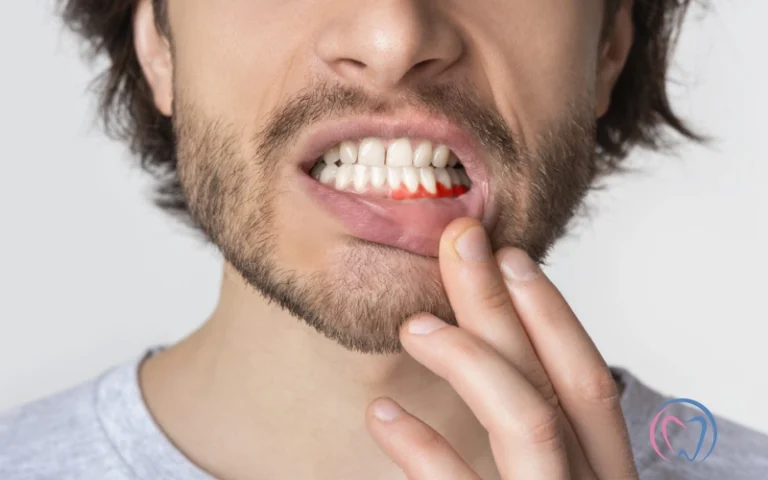The process of extracting teeth can be an important milestone in your dental journey, whether it’s for a wisdom tooth, a damaged tooth, or as a part of orthodontic treatment. While the procedure is usually straightforward, the recovery period is essential and can sometimes present unexpected symptoms, including a fever.
If you have just had a tooth extracted and are feeling feverish, you may feel uncertain about whether it’s a regular part of the healing or a sign of a more serious problem. Based on my experience, in this blog, I hope to discuss the reasons for a fever after a tooth extraction, how to manage it, and when to see a doctor.
What are the causes of a fever after a tooth extraction?
- The natural healing reaction – The body’s healing response after any surgical procedure, including a tooth extraction, may include a mild fever, which is common. Repairing the area requires the body’s immune system to work hard, which can sometimes cause a slight increase in body temperature. It’s common for this mild fever to go away on its own as the healing progresses.
- Inflammation and infection – The extraction site is susceptible to infection or inflammation after extraction. While minor inflammation is expected, an infection can result in a higher fever. Increased pain, swelling, redness or an unusual discharge from the extraction site may indicate the presence of infections.
- Post-surgical complications – A fever may also be a result of complications such as a dry socket, which is a painful condition in which the blood clot at the extraction site is dislodged. Severe pain is a common symptom of a dry socket, and it may also be accompanied by a low-grade fever.
How to manage fever after tooth extraction?
- Keep an eye on your fever and any other symptoms you encounter. it’s common for mild fevers of up to 100.4.F to be manageable and not cause for concern. If your temperature exceeds this or persists for more than a few days, it’s necessary to consult with a dentist or medical professional.
- It’s important to drink plenty of fluids and get enough rest. Recovery requires hydration, and if you get enough rest, your body can heal more effectively. Don’t engage in strenuous activities that may worsen the situation.
- Follow the care instructions given by your dentist strictly. Typically, this involves maintaining a clean extraction site, avoiding certain foods, and taking prescribed medications, including antibiotics if given.
When should you seek medical attention?
- If your fever remains above 101.5.F or does not improve after standard treatment, it could suggest an infection or other serious issue. Get in touch with your dentist or healthcare provider for guidance.
- If you are experiencing severe pain, significant swelling, or any other unusual symptoms accompanying your fever, seeking professional medical advice is imperative. These may be signs of complications, like an infection or a dry socket, that require specific treatment.
What to do after tooth extraction?
- Maintain good oral hygiene and lower the chance of infection after a tooth extraction. Follow your dentist’s instructions by brushing and flossing your teeth gently while avoiding the extraction site.
- Make sure to attend any follow-up appointments with your dentist to guarantee your healing process is on track and to address any concerns early.
- Smoking and drinking alcohol can impede the healing process and increase the likelihood of complications. During your recovery period, it’s best to steer clear of these.
Following a tooth extraction, fever is a natural part of the healing process, but it’s important to track your symptoms and seek medical assistance if you experience persistent or severe symptoms. Ensure a smooth recovery by following the proper care instructions and being attentive to any changes in your condition. If you have any concerns about your recovery or symptoms following an extraction, make sure to consult your dentist or health care provider.


